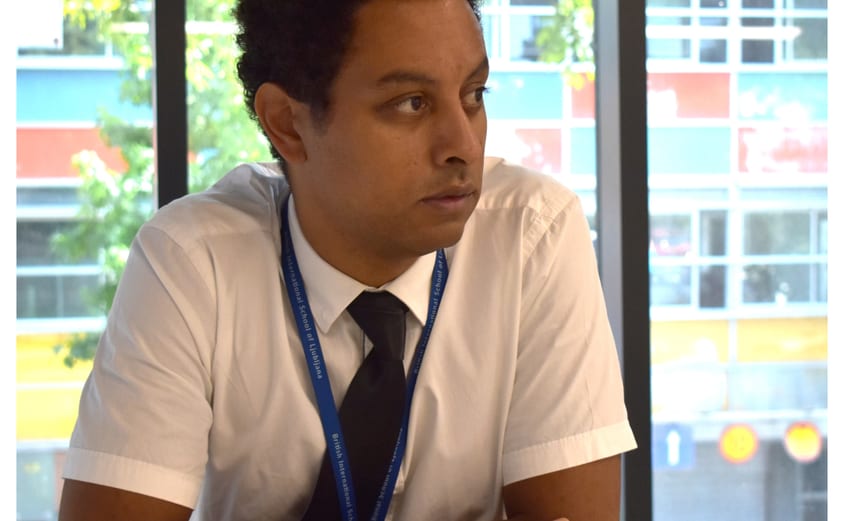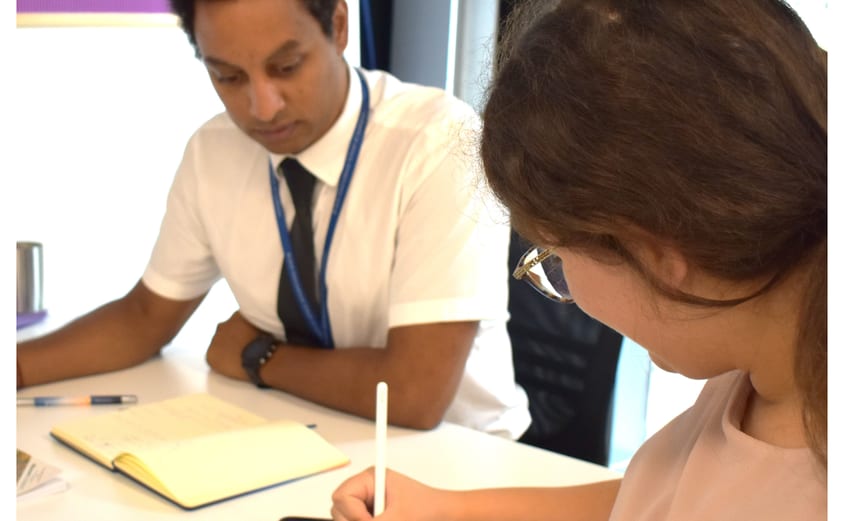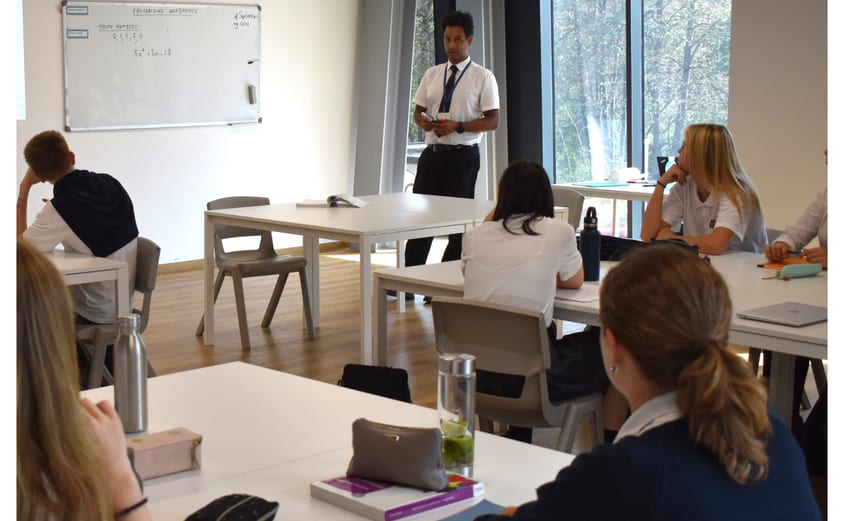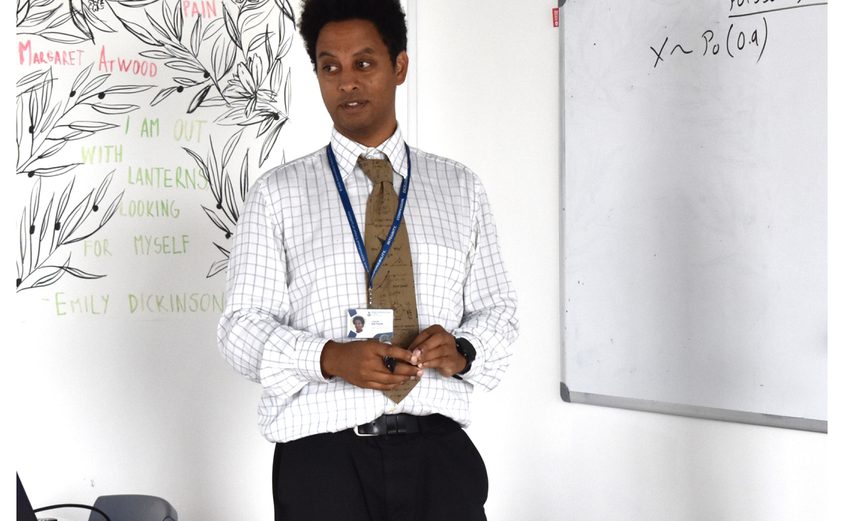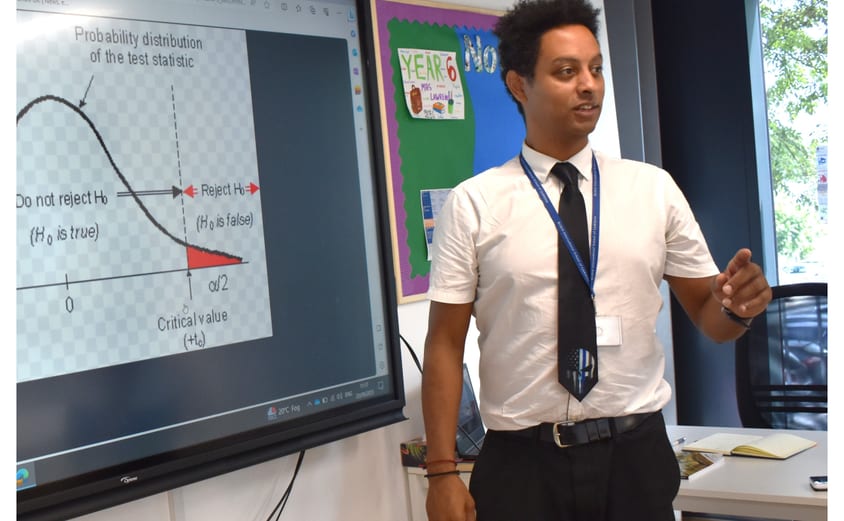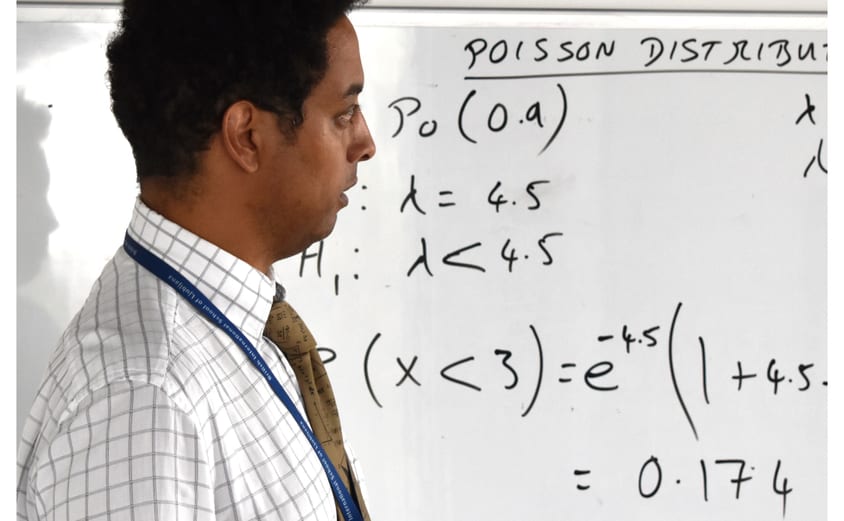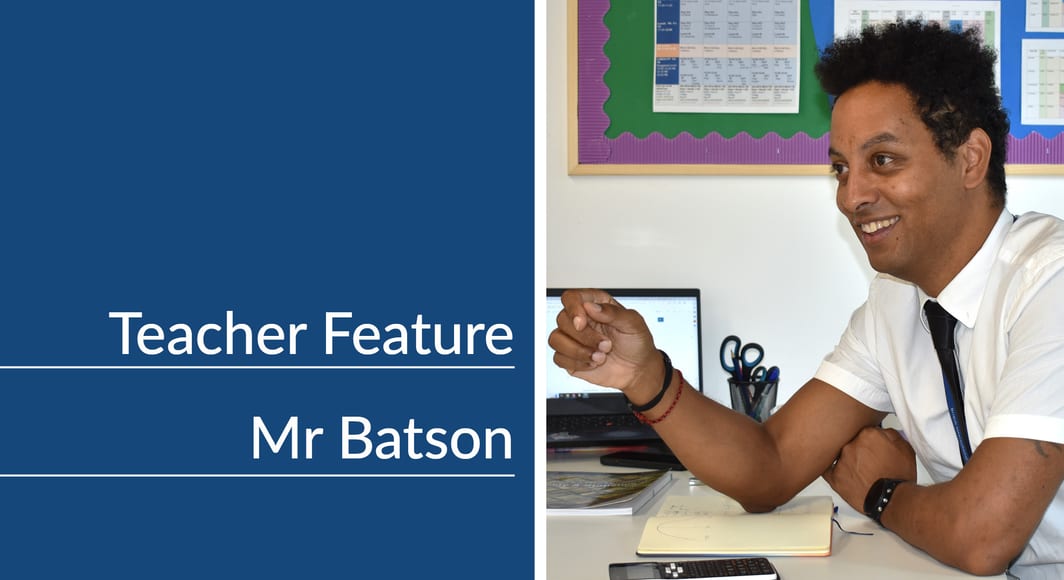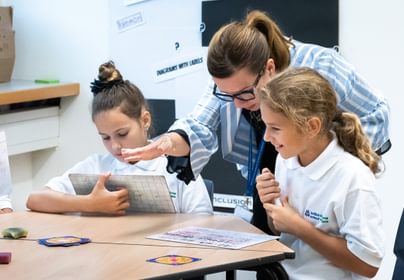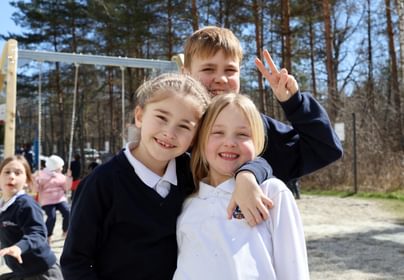Briefly describe your journey as a teacher.
I started teaching straight after my first degree at a school in Ealing, London which employed the UK's first Super head - one of Tony Blair's initiatives to bring successful Business people into schools. Even though I was a Mathematics and Psychology teacher, I wanted to make my practise as diverse as possible so I trained to teach English as a foreign language in Barcelona during the summer break after my first year of teaching. I returned to my school in Ealing able to incorporate different styles into my practice to great effect. I taught in one other school in the UK before moving to Slovenia in 2004, teaching English at companies such as LEK and Mobitel and government ministries before meeting Jeremy Hibbins and starting my journey at BISL.
Why did you decide to specialize in Secondary?
I remember clearly the lesson when I understood Mathematics, and it really did happen in one single trigonometry lesson when I was in year 10. I had struggled with Mathematics all my life up to that point and to have things just come together in a singular moment was such a great feeling. I wanted to help students at that age experience a similar epiphany and therefore it was always going to be Secondary for me.
What makes BISL such a unique place to work?
Whilst BISL is unique in Slovenia in terms of it's educational philosophy, it has the same challenges that I have found in the schools I have worked at before. Homework still needs to be set, collected and marked, attendance and behaviour still needs to be monitored, a school is a school. However, I can say that the diversity you see in the classroom and the sheer number of students at BISL from different cultures and backgrounds is quite unique and also often quite inspiring.
How would you describe a typical day at BISL?
Problem solving. Helping students through the issues they are having with Mathematics problems, university application, volunteering, organising their time, study skills etc the list goes on. There is not a single day that goes by that a student doesn't ask me for help. For the most part, I take this as a compliment, that students have confidence to ask and have confidence in their teachers to solve any issues they may have.
What is the best part of your day at BISL?
There are two parts to the answer to that question- The first is the quiet, early in the morning when I think about my day, my lessons, my tasks and my meetings and the second is when the plans I have made come together.
Why is the experience of an international education important for a student?
There is so much that goes into a person's education, I believe it starts with exposure to the educational materials you find in textbooks and worksheets, but it also extends to the exposure of different and often conflicting views which may have arisen through a person's own unique upbringing. Being exposed to views that challenge and demand thought can often create a respectful and compassionate individual. International schools strive for academic integrity and excellence but there are many values which are critical to develop a well rounded person and these values can be found at every level within international education, particularly at BISL.
